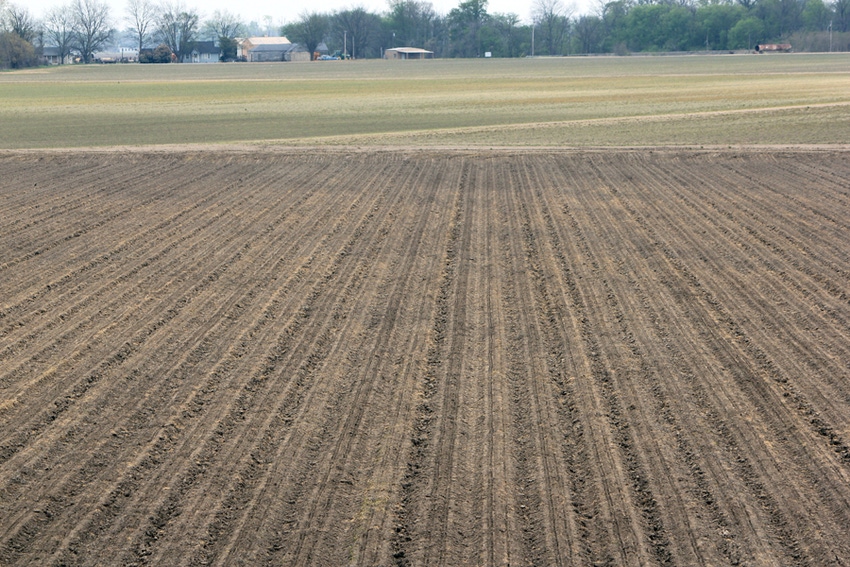
It’s an all too common sight. You’re driving through town when out of the blue there’s another one of those big wooden “For Sale” signs in front of a corn, cotton or soybean field tucked away between Lowe’s and a new movie theater. A landowner is finally about to cash in on urban sprawl. A couple of years later, it’s a checkerboard of asphalt, brick and bermuda.
Can producing an acre of houses be so much more lucrative to a landowner than renting the land out to produce an acre of grain? Probably so.
But according to a recent study, rows of new homes rising from prime farming ground may not be as good for the community as one might think.
In a Cost of Community Services study by American Farmland Trust, researchers assigned the cost of municipal services to agricultural lands, residential property and commercial and industrial development. http://www.farmland.org/documents/Cost-of-Community-Services-08-2010.pdf. Agricultural lands, or working lands, may include farm, forest and/or ranch lands. Residential development includes all housing, including rentals, but if there is a migrant agricultural work force, temporary housing for these workers would be considered part of agricultural land use.
The study shows that agricultural lands and commercial and industrial development both generate more public revenues than they receive back in public services, while residential land spends more than it takes in.
For example, in Tipton County, Tenn., residential land required $1.07 in services for every dollar earned, while agricultural land required 57 cents for each dollar earned and commercial and industrial land required 32 cents for each dollar earned. On average across the nation, agricultural land required 37 cents for each dollar earned, while residential property required $1.19 for each dollar earned.
A fact sheet on the study developed by AFT stated, “While it is true that an acre of land with a new house generates more total revenue than an acre of hay or corn, this tells us little about a community’s bottom line. In areas where agriculture or forestry are major industries, it is especially important to consider the real property tax contribution of privately-owned working lands.”
The study pointed out that while agricultural land “may generate less revenue than residential, commercial or industrial properties, they require little public infrastructure and few services.”
The study noted that because residential land uses do not cover their costs, they must be subsidized by other community land uses. “In every community studied, farmland generated a fiscal surplus to help offset the shortfall created by residential demand for public services. Converting agricultural land to residential land use should not be seen as a way to balance local budgets.”
The study concludes that it “is up to communities to balance goals such as maintaining affordable housing, creating jobs and conserving land. With good planning, these goals can complement rather than compete with each other.”
In every community studied, farmland generated a fiscal surplus to help offset the shortfall created by residential demand for public services. Converting agricultural land to residential land use should not be seen as a way to balance local budgets.”
About the Author(s)
You May Also Like






